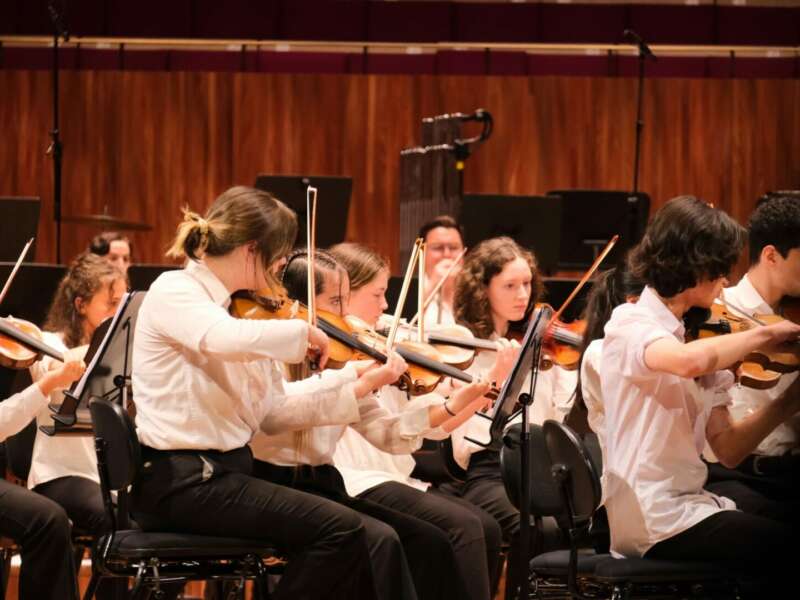Report Calls for "Total Reset" of Music Streaming Models
The UK Parliamentary Committee's inquiry makes several findings, chief among them that artists receive a shockingly small proportion of revenue from the streaming boom
The Department for Digital, Culture, Media, and Sport (DCMS) of the UK government has released a report recommending some substantial law reforms governing the streaming industry.
Low returns from streaming income have made it impossible for some artists to make ends meet. Mercury Prize nominee singer Nadine Shah told the committee that "earnings from [her] streaming are not significant enough to keep the wolf away from the door." Shah has subsequently moved back in with her parents.
Guitarists Nile Rodgers and Radiohead’s Ed O’Brien were also among the artists who contributed to the report, though many others chose to testify anonymously to protect themselves from any repercussions that powerful labels might choose to inflict.
The report recommends that the Government introduce "a right to equitable digital music remuneration, a right to recapture the rights to works after a period of time, and the right to contract adjustment if their works are successful beyond the remuneration they receive."
Streaming is now near-ubiquitous, but artists take home a very small portion of the revenue. The BBC reported that Spotify is thought to pay its UK artists between ₤0.002 and ₤0.0038 per stream, while Apple Music is marginally better at about ₤0.0059 per stream.
It is not unusual for artists to receive as little as 13% of the revenue, with labels, publishers, and other stakeholders taking home the rest. These ratios make it near-impossible for lesser-known artists to make a proper living from their work.
“While streaming has brought significant profits to the recorded music industry, the talent behind it — performers, songwriters and composers — are losing out," said Julian Knight MP, the Chair of the Department for Digital, Culture, Media, and Sport (DCMS) Committee. “Only a complete reset of streaming that enshrines in law their rights to a fair share of the earnings will do."
"However, the issues we’ve examined reflect much deeper and more fundamental problems within the structuring of the recorded music industry itself," Knight added.
“We have real concerns about the way the market is operating, with platforms like YouTube able to gain an unfair advantage over competitors and the independent music sector struggling to compete against the dominance of the major labels."
april 2024
may 2024

































